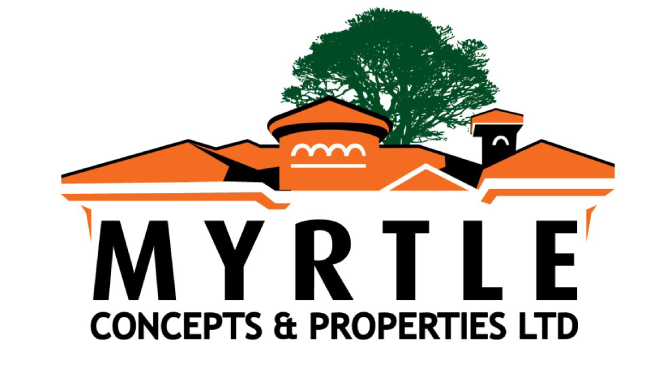
Objective
To regulate the relationship of landlord and tenant, to reform and consolidate the law relating to the letting of premises, to provide for the responsibilities of landlords and tenants in
relation to the letting of premises; and for related matters. Below is a concise review of the key features of the Act;
Tenancy Agreements
The act provides for the different forms of tenancy agreement which may be either be in writing, by word of mouth, in the form of any email. It continues to emphasize that the tenant shall provide a copy of their identification card to the landlord.
However, the law specifies that for tenants paying a rental fee of Ugx. 500,000 and above, their tenancy agreement should be in writing or an email. The tenant and landlord shall keep a copy of the agreement and it will always be a referral point in case of any dispute or if any issue arises.
Fitness for Human Habitation
For a property to be let out for residential purposes, it must be fit for human habitation. It must be having access to natural lighting, ventilation, water supply, kitchen, septic tank/ connected to a sewer line or any other sanitary means. The landlord will always inspect the property after issuance of a 24-hour notice in writing.
Repairing Obligations
The landlord is responsible for repairs on the property except in circumstances where the damages to property are caused by the tenant’s negligence. Therefore, in such circumstances, the tenant should repair the damages within fourteen days after being served the notice to repair the property. However, failure to take heed the landlord makes the necessary repairs on the expense of the tenant who is then billed for the repairs made and an invoice issued which should be cleared within fourteen days or deducted on rent paid in advance to the landlord.
Taxes and Rates
The law provides that it is the responsibility of the landlord to pay all taxes and rates imposed on the property.
Denominations
Rent shall always be paid in Ugandan Shillings unless the tenant and Landlord agree otherwise in their tenancy agreement.
Rent Payment in Advance
The law prohibits the landlord from requesting the tenant who is staying for over one month to pay rent for more than three months in advance. Additionally, when the tenant is staying for less than a month, the landlord shall not request the tenant to pay rent in rent advance for more than 2 weeks.
Increase of Rent
The law prohibits the Landlord from increasing rent at a rate more than 10% annually. The landlord shall give at least six working days’ notice of proposed rent increment. This will protect the tenants from any exaggerated rental fee increment.
Failure to Pay Rent by Tenant and Claims for Rent Arrears
In circumstances, where the tenant fails to pay rent, the landlord relies on the courts to recover the rent in arrears. The law continues to specify that where a tenant defaults rent for a continued period of more than 30 days, the landlord re-enters the premises in the presence of the local chairman.
Security Deposit
The law empowers the Landlords to charge security deposit provided that it does not exceed one month’s rent. In circumstances for the transfer of the status of the landlord to another individual/entity, the security deposit shall be transferred to the new landlord.
Termination of Tenancy
The notice period to terminate the tenancy for residential purposes is seven days’ notice for a weekly tenancy, thirty days’ notice for a monthly tenant, sixty days’ notice for a year on year tenant.
This gives adequate period for the tenants prepare to leave and search for another property. Though on the other hand it restricts the landlord’s ability to let go of problematic tenants from their properties.
The law empowers the landlord to terminate the tenancy for a tenant who has been absent from the property for a period of 30 consecutive days without any notice and the rent has not been paid past fifteen days from the due date.
Service Fees
The law permits the landlord to charge extra fees for additional services offered such as security, amenities etc.
Landlord and Tenant may act through Agent
The landlord can appoint an agent to manage the property in writing.
Conclusion
The tenant and landlord act seeks to harmonize the relationship between landlords and tenants. Though to a greater extent, this act protects the tenants.


Amanya Miracle
on said
Thank you for the informative article, it has enlightened me about the landlord and tenant act